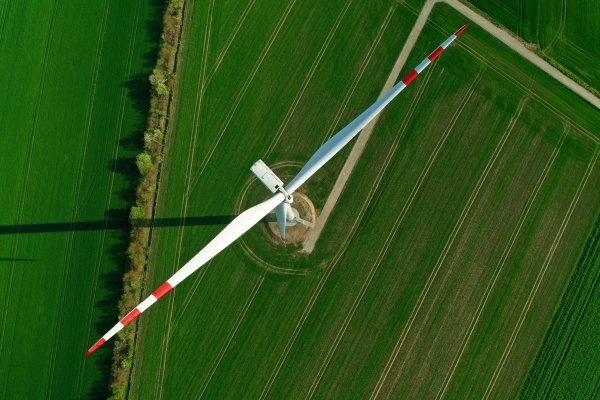The use of renewable electricity credits is expected to reduce CO₂ equivalent emissions by approximately 25,000 metric tons annually

BASF Intermediates to produce amines at the Geismar site using 100 percent renewable electricity.
BASF's Intermediates division will produce its standard-grade amines at its Geismar, Louisiana, Verbund site using 100% renewable electricity, beginning in the fourth quarter of 2025 and continuing into 2026. The transition will be facilitated by purchasing renewable electricity credits generated by solar and wind power.
This initiative supports BASF’s broader corporate commitment to achieving net-zero emissions by 2050, without compromising product quality or supply continuity. By leveraging renewable electricity credits and optimizing manufacturing processes, BASF Intermediates will significantly reduce the product carbon footprints (PCFs) of its amines portfolio.
“This is a transformation in how we think about carbon dioxide emissions in our value chain,” said Kevin Anderson, Vice President, Business Management – Amines & Specialty Intermediates, Americas. “Our customers can now benefit from lower Scope 3 emissions with no disruption to their operations.”
The use of renewable electricity credits is expected to reduce CO₂ equivalent emissions by approximately 25,000 metric tons annually compared to the 2024 baseline. This corresponds to an average PCF reduction of about 4.5 percent across the entire amines portfolio. The initiative also contributes to BASF’s target of reducing Scope 1 and 2 emissions by 25 percent by 2030, relative to 2018 levels.
“By investing in renewable electricity, we empower our customers to advance their own sustainability goals,” added Mike Sowinski, Head of Sales, BASF Intermediates Americas. “We are committed to offering innovative solutions that support their environmental commitments and look forward to continued collaboration.”
BASF offers a highly diverse portfolio of around 300 different amines, serving a wide range of industries. These versatile intermediates are used in the production of process chemicals, pharmaceuticals, crop protection products, cosmetics, detergents, coatings, specialty plastics, composites, and high-performance fibers.
Subscribe to our newsletter & stay updated.